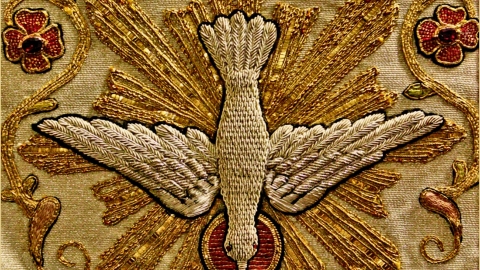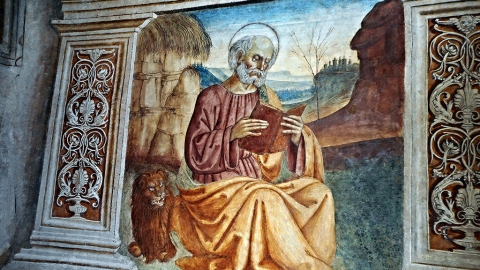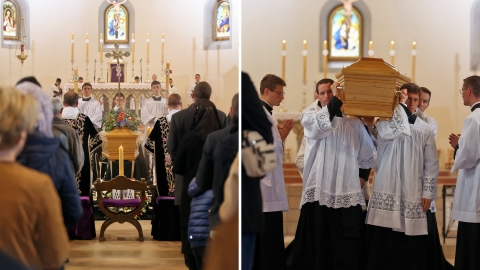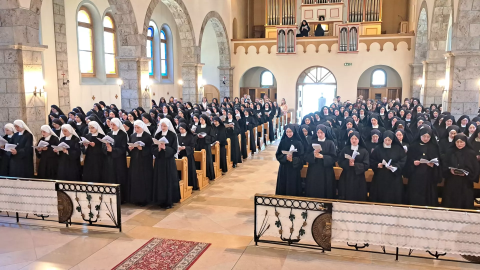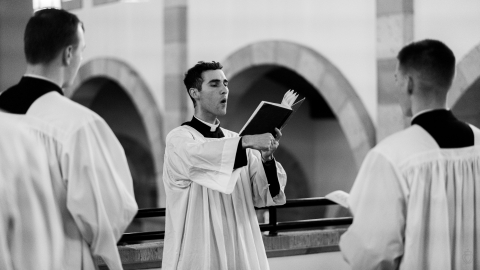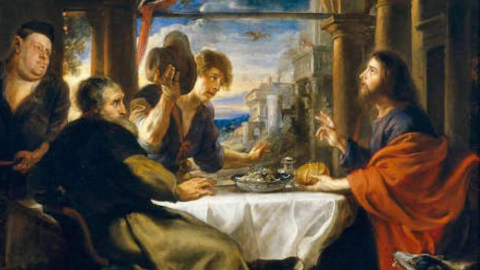Holy Week Schedule, 2024: St. Isidore Church and Priory
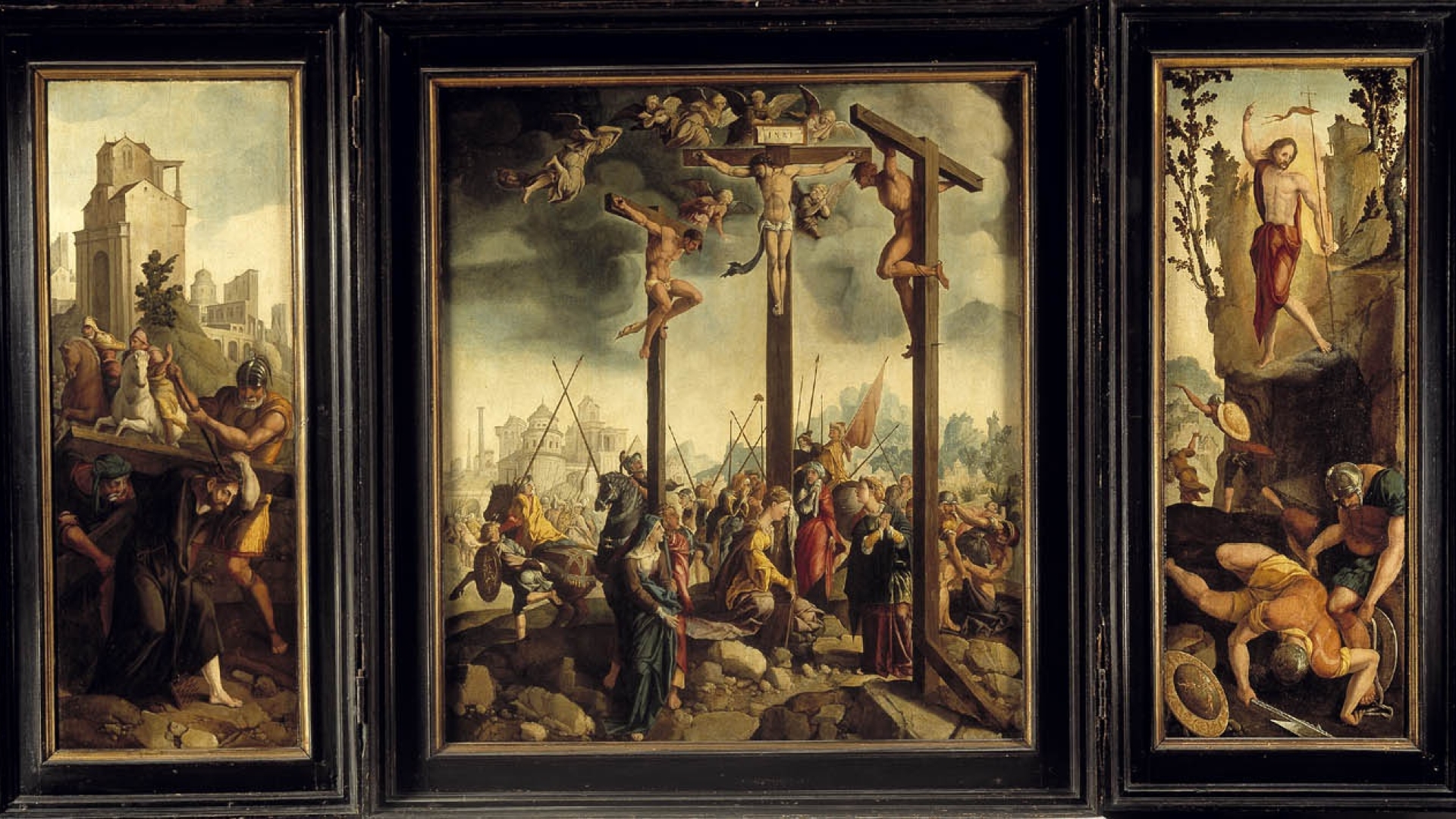
Jan van Scorel, Crucifixion 1566
Holy Week Schedule
Palm Sunday
Parish Mission with Fr. Anthony Haynos
7:00 pm - Rosary and Confessions
7:15 pm - Conference
8:00 pm - Benediction, followed by Compline
Monday in Holy Week
7:15 am - Mass
8:00 am - Mass
CANCELED DUE TO SNOW 11:30 am - Mass
Parish Mission with Fr. Anthony Haynos
7:00 pm - Rosary and Confessions
7:15 pm - Conference
8:00 pm - Benediction, followed by Compline
Tuesday in Holy Week
5:30 am - Mass
7:15 am - Mass
8:00 am - Mass
11:30 am - Mass
Parish Mission with Fr. Anthony Haynos
7:00 pm - Rosary and Confessions
7:15 pm - Conference
8:00 pm - Benediction, followed by Compline
Wednesday in Holy Week
5:30 am - Mass
7:15 am - Mass
8:00 am - Mass
11:30 am - Mass
Holy Thursday/Maundy Thursday
7:30 am - Tenebrae
7:00 pm - Vesperal Mass
Good Friday
7:30 am - Tenebrae
1:00 pm - Stations of the Cross
2:00 pm - Solemn Liturgy
Following the Solemn Liturgy there will be hot cross buns available in the vestibule. Donations are to support the Altar and Rosary Society.
Holy Saturday
7:30 am - Tenebrae
10:30 pm - Paschal Vigil
An Easter Potluck Feast will follow the Paschal Vigil. All are welcome, please bring a dish to share.
Easter Sunday
9:00 am - Mass
An Overview of Holy Week
1. What is Holy Week?
Holy Week, also called Great Week, is the annual period when the Church's liturgy commemorates the Passion, Death, and Resurrection of Jesus Christ.
It begins with His entry into Jerusalem on Palm Sunday, continues with the institution of the Holy Eucharist and of the Priesthood on Maundy Thursday, then on Good Friday with His Crucifixion and ends on the night of Holy Saturday to Easter Sunday with the celebration of the Easter Vigil to commemorate the resurrection of Christ.
2. How do Catholics celebrate Holy Week?
There are four important ceremonies during Holy Week.
a) Palm Sunday evokes the arrival of Jesus in Jerusalem. On this day Catholics organize processions with olive branches and palm leaves that have been previously blessed. During the Mass, the gospel is replaced by one of the account of the passion of Christ.
b) On Maundy Thursday the Church commemorates the betrayal of Judas and the Last Supper where Jesus instituted the Eucharist and the Priesthood.
In the morning, the bishops meet with the priests of their diocese in their cathedral to consecrate the 3 holy oils: the oil of the Infirm for the sacrament of the anointing of the sick, the oil of the catechumens for the celebration of the sacrament of baptism and Holy Chrism, a mixture of olive oil and balsam, for baptisms, confirmations, consecrations of bishops.
The washing of the feet takes place in the evening, during the Mass of the Last Supper followed by adoration at the altar until midnight.
c) Good Friday is the most sorrowful day of the year for Catholics. It recalls the Agony and Suffering of Christ's arrest, judgment, and death.
This day is a day without Mass since Jesus is dead. In the afternoon, a Stations of the Cross and a liturgical celebration are celebrated during which the Passion according to St. John is sung, and the solemn veneration is made of the Holy Cross of Christ, instrument of our salvation.
d) At nightfall on Holy Saturday, the main liturgical celebration of the year takes place, the Easter Vigil in which the Resurrection of Christ is commemorated. During this ceremony are blessed: the new fire, the Paschal candle, the Paschal water as well as the baptismal water which will be used for the baptisms throughout the year. The faithful renew their baptismal promises through a profession of faith.
3. How were the churches decorated during this period?
Starting on Passion Sunday all crucifixes and statues of saints in churches are veiled as a sign of mourning. The Church is in mourning. During Good Friday the liturgical colors black and purple are used. On Good Friday and Holy Saturday, there is no Mass and there is no holy water in the holy water fonts.
4. When did Catholics begin to celebrate Holy Week?
Holy Week has been celebrated since the beginnings of the Church. Documents attest that Christians commemorated the Passion of Christ at least since the 4th century, in Egypt, in Palestine, and in Asia Minor (on the site of present-day Turkey). These celebrations certainly existed long before Europe adopted this custom in the 5th century.
5. When is Holy Week celebrated?
Holy Week begins on Palm Sunday and ends with the Easter Vigil, during the night of Holy Saturday to Resurrection Sunday. The date of Easter, which changes every year, is fixed on the Sunday after the first full moon of spring.
Holy Saturday and Easter Vigil
What happens on Holy Saturday?
Holy Saturday is a day of silence. No services are held during the day, in order to remember Jesus in the tomb. For Christians, Holy Saturday is a day of silence, waiting, and contemplation. They meditate on the sufferings of Jesus Christ, His death and His burial. The celebration of the Resurrection begins on Saturday night during the Easter Vigil. On Holy Saturday, the church bells are silent.
What is the Easter Vigil?
The celebration of the night of Holy Saturday to Easter Sunday is “the vigil in honor of the Lord” during which Catholics celebrate Easter, the passage from darkness to light, the victory of Christ over death. That is why, during the night, the fire and the Easter candle are lit, then the flame is transmitted to the faithful.
This celebration is made up of 4 parts: the new fire, readings from the Old Testament, the blessing of water, and holy Mass.
- Blessing of new fire;
- Blessing of the Paschal candle;
- Solemn procession;
- 1st Reading: (Genesis 1:1-31; 2:1-2);
- 2nd Reading: (Exodus 14:24-31; 12:1);
- Canticle: (Exodus 15:1-2);
- 3rd reading: (Isaiah 4:1-16);
- Canticle: (Isaiah 5:1-2);
- 4th reading: (Deuteronomy 31:22-30);
- Canticle: (Deuteronomy 32:1-4);
- Litany of the Saints (1st part);
- Blessing of baptismal water, and performance of adult baptisms;
- Canticle: (Psalm 41:2-4);
- Renewal of baptismal promises;
- Continuation of the Litany of the Saints;
- Celebration of the Easter Mass
(Source : District du Benelux - FSSPX.Actualités)
